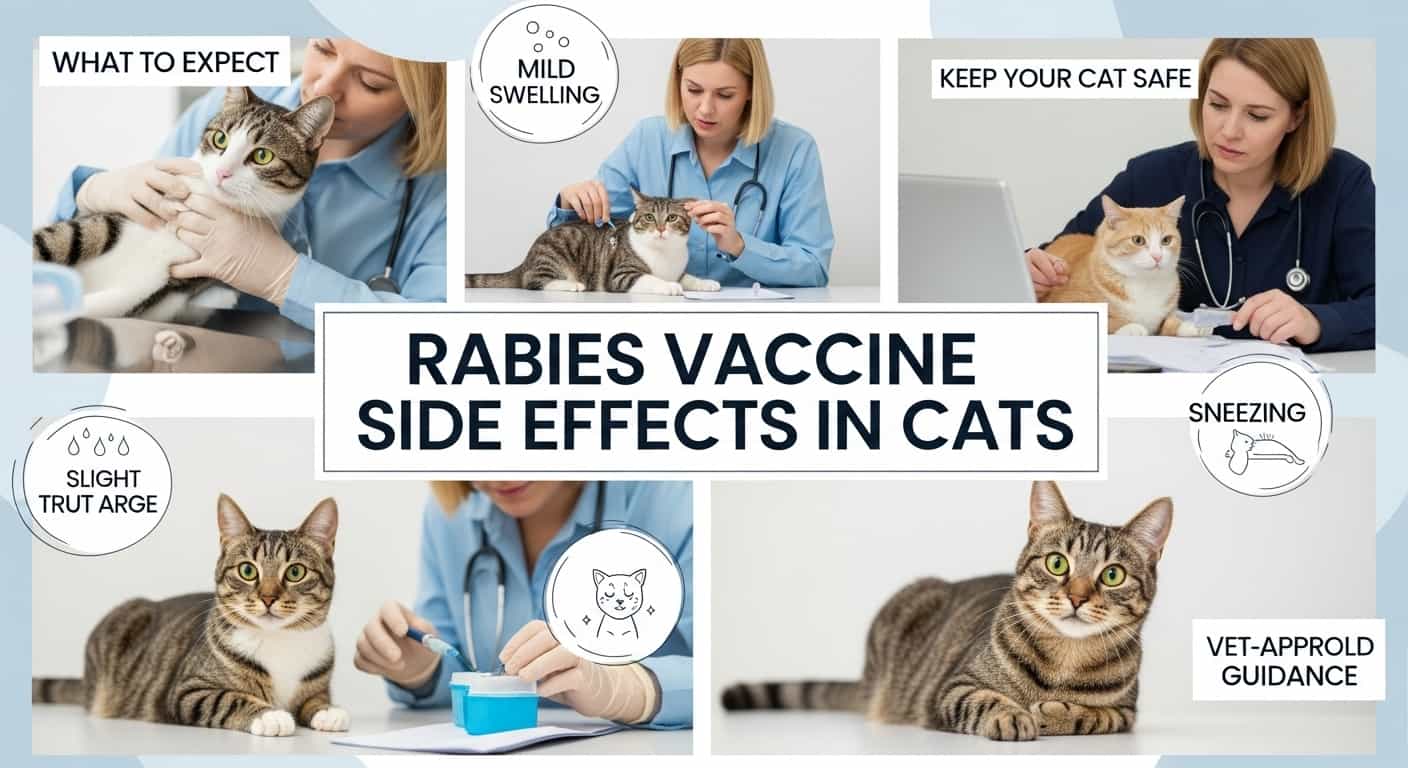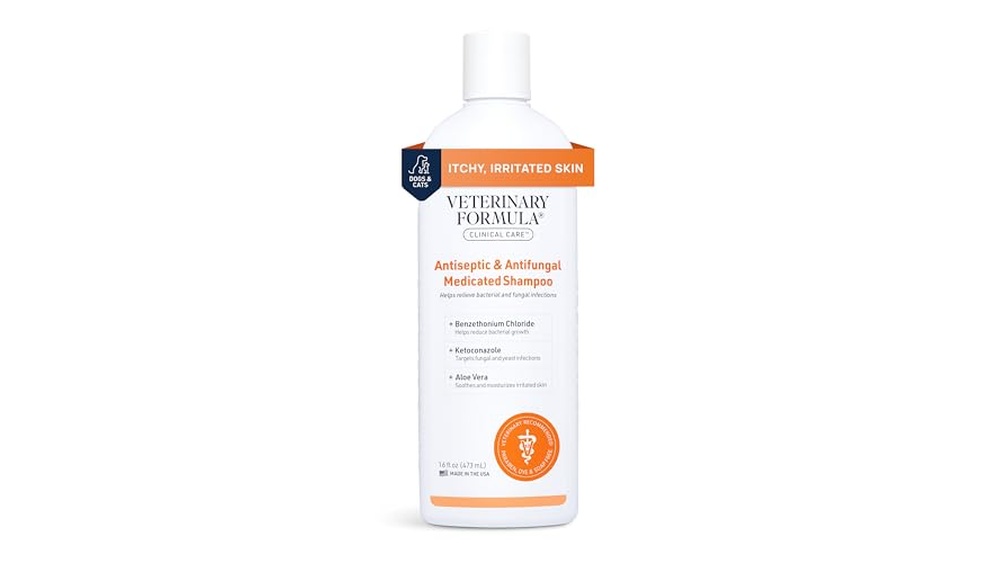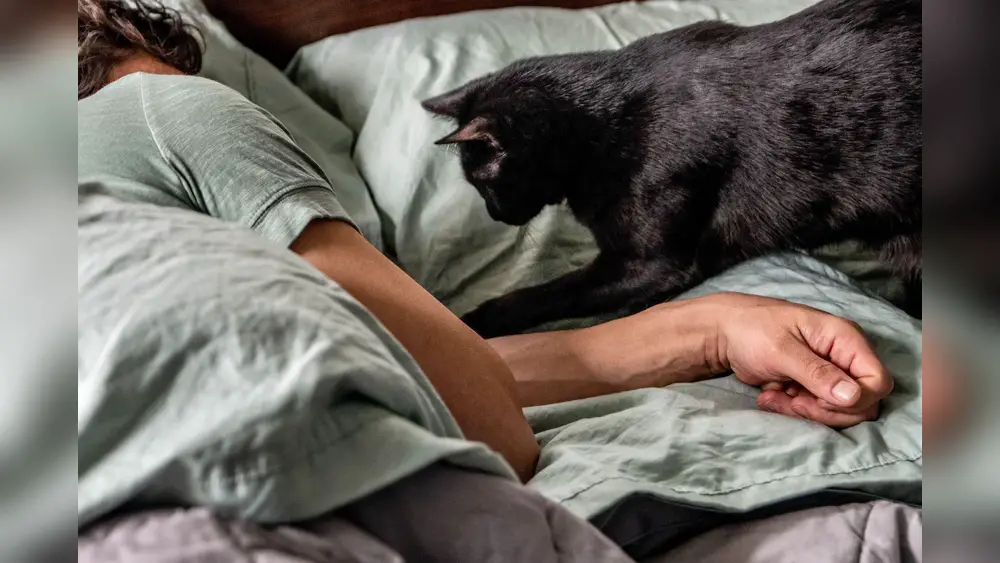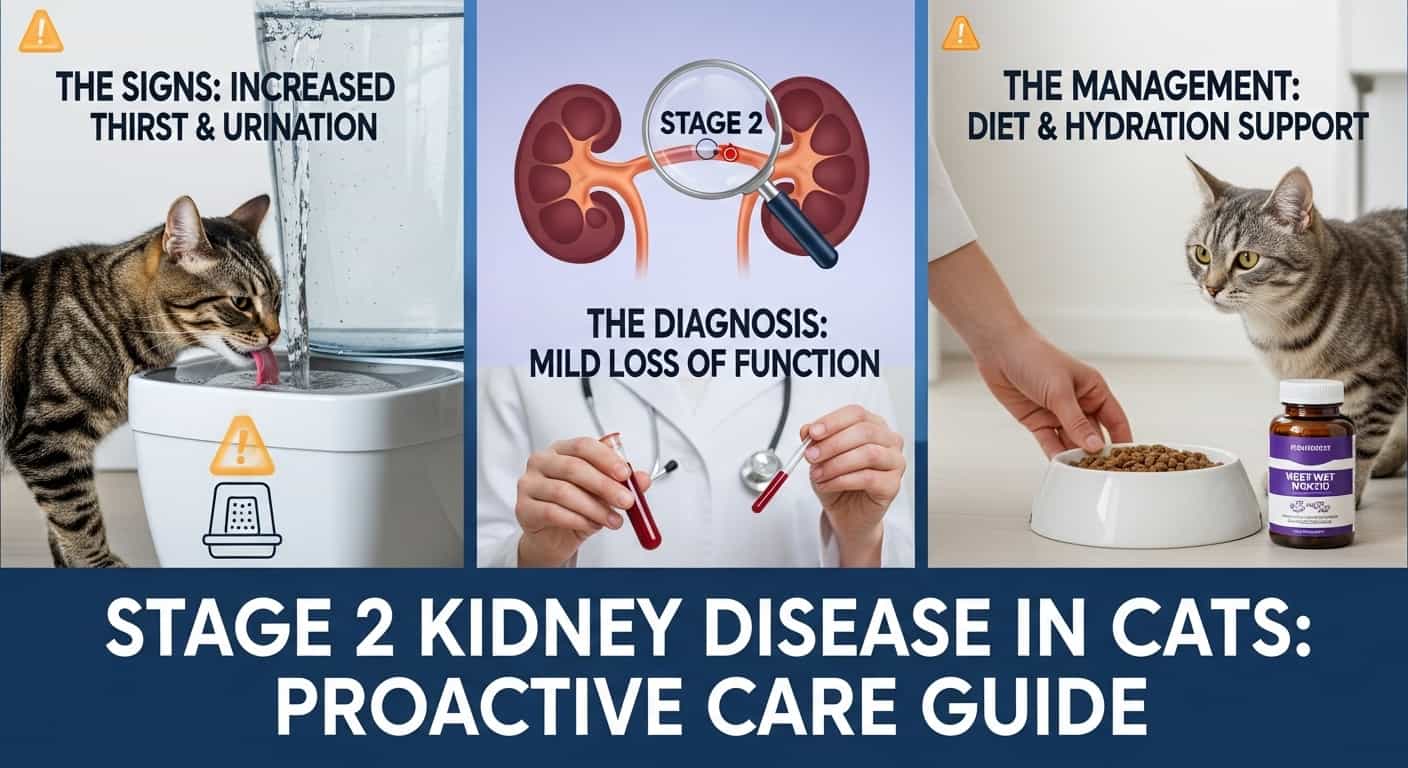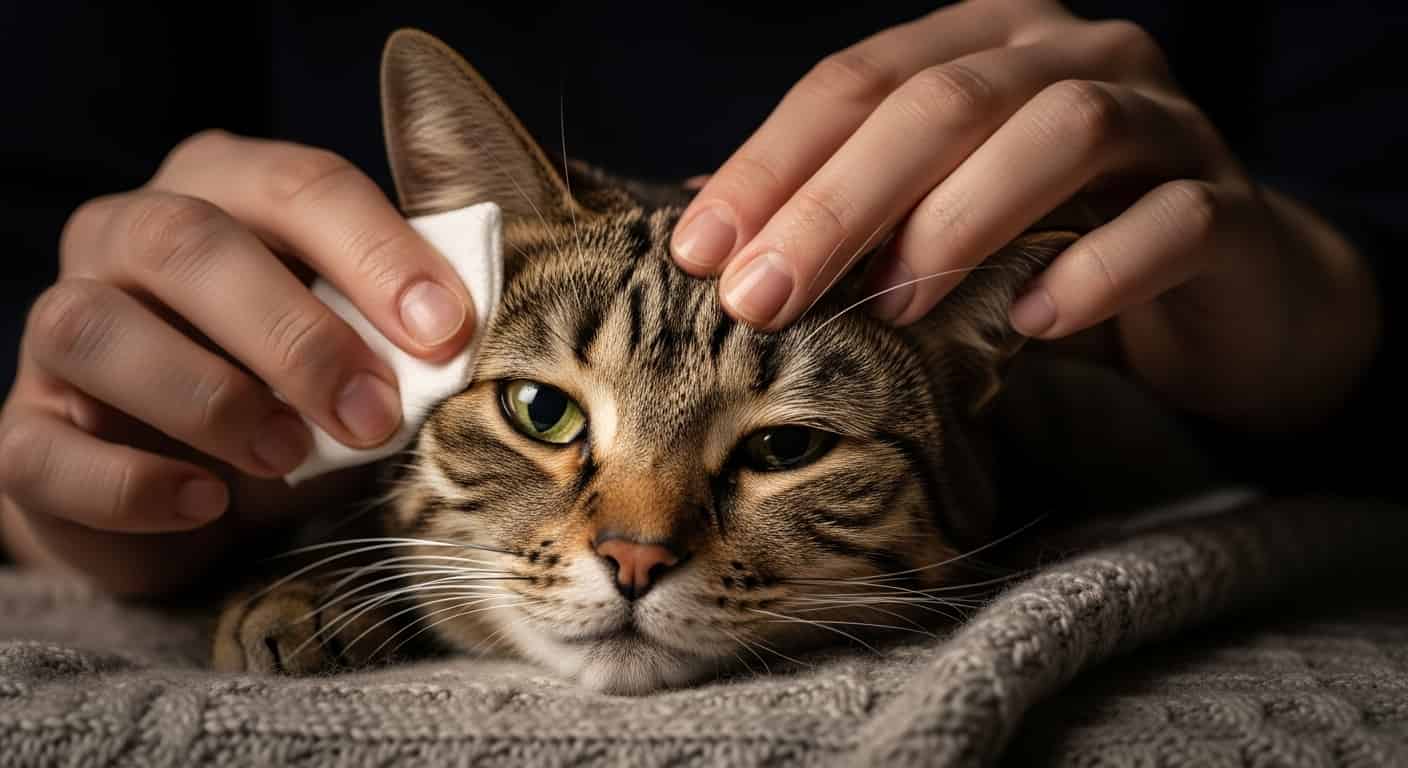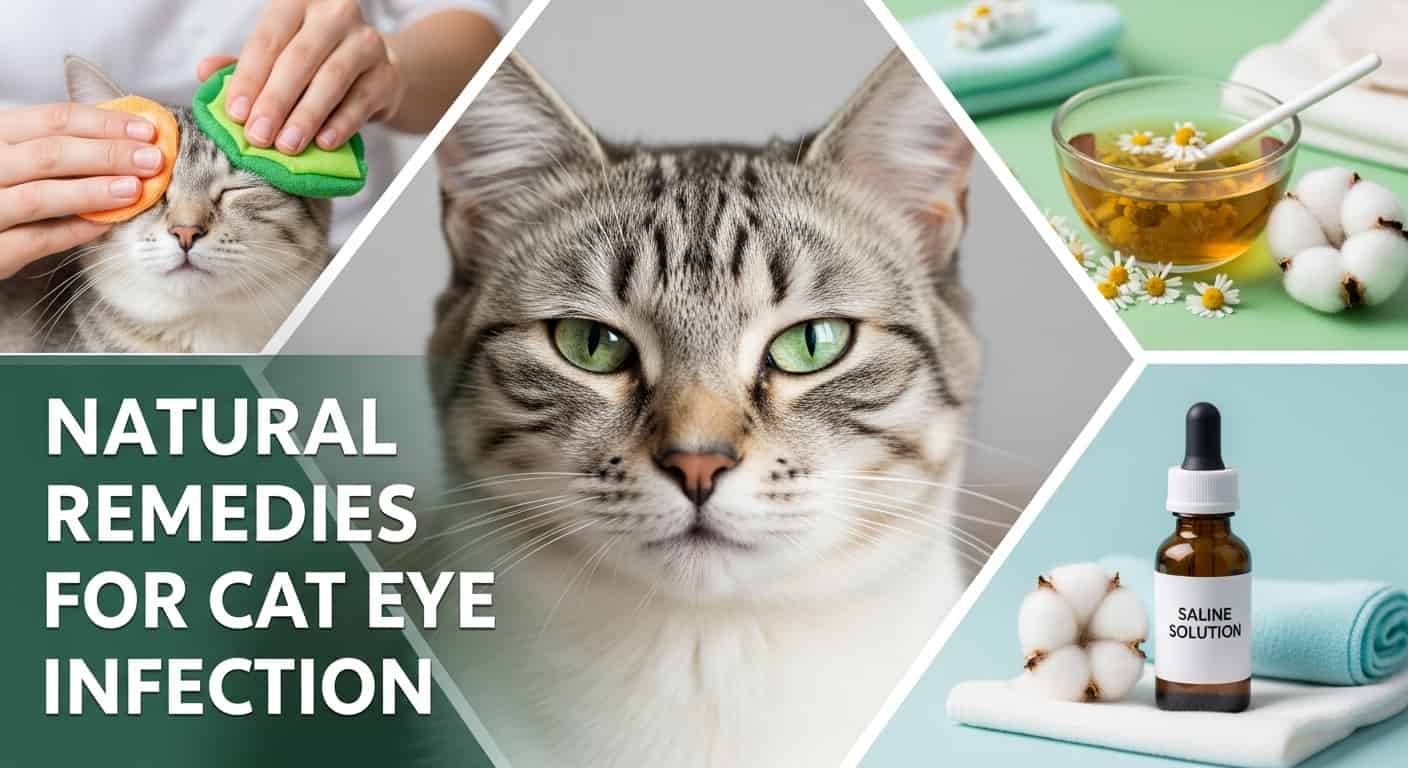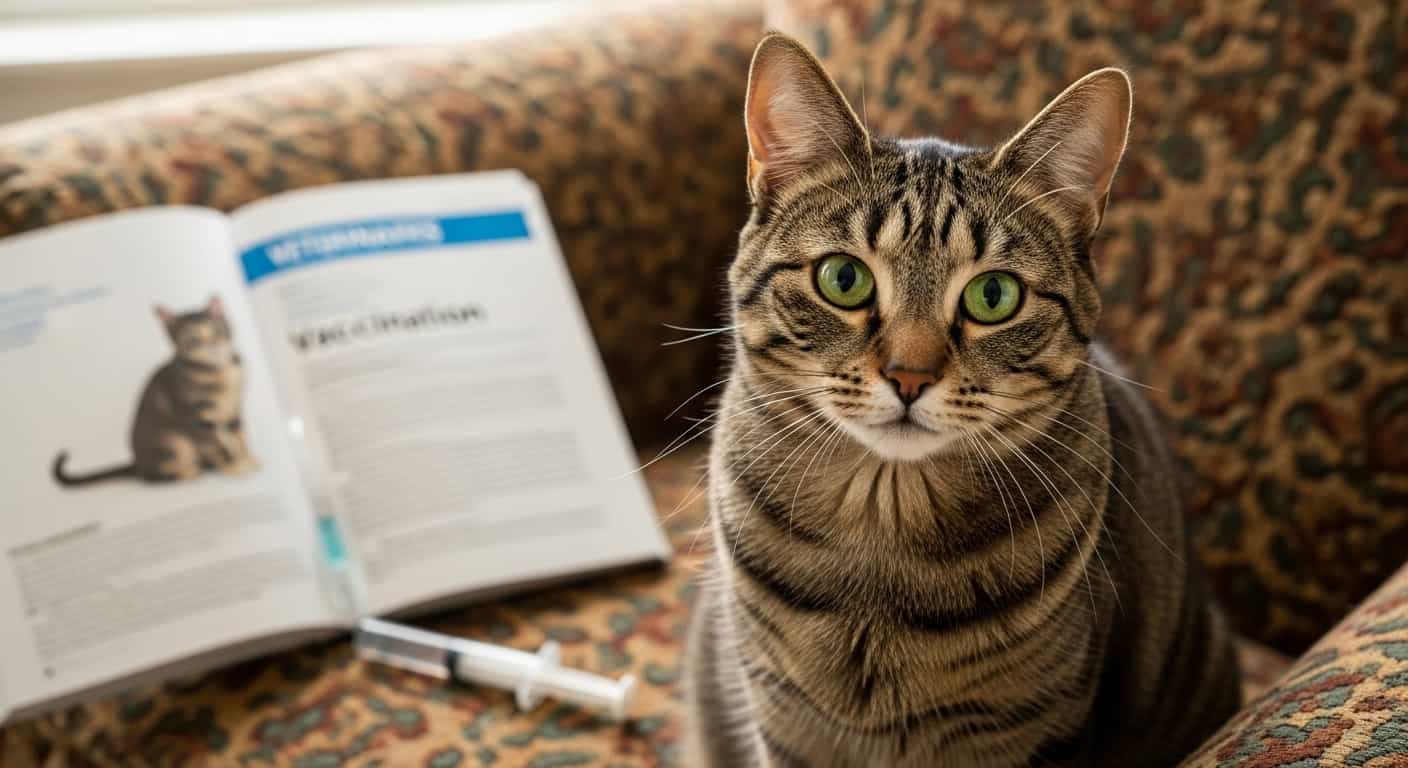If you have a cat, you want to keep them safe and healthy. One important step is getting your cat vaccinated against rabies.
Table of Contents
ToggleBut you might be wondering—what are the side effects of the rabies vaccine in cats? You’re not alone. Many pet owners worry about how their furry friend might react. Understanding these side effects can help you feel confident and prepared.
Keep reading to learn what to expect, how to spot any issues early, and what you can do to keep your cat comfortable after their vaccine. Your cat’s health matters, and so does your peace of mind.

Credit: www.reddit.com
Common Side Effects
Rabies vaccines are important for your cat’s health. Like all vaccines, they can cause some side effects. Most side effects are mild and short-lived. Knowing these common reactions helps you care for your cat better after vaccination.
Mild Reactions
Some cats may feel tired or less active after the shot. Mild swelling or soreness can appear where the vaccine was given. A small lump under the skin might form but usually goes away.
Temporary Symptoms
Fever is a usual response to the vaccine. Your cat might lose appetite for a day or two. Sneezing or coughing could happen if the vaccine affects the respiratory system. These symptoms do not last long and often go unnoticed.
Duration And Recovery
Most side effects disappear within 24 to 48 hours. Your cat should return to normal quickly. If symptoms last longer or get worse, contact your vet immediately. Quick recovery is common with proper care and rest.
Severe Reactions
Severe reactions to the rabies vaccine in cats are rare but serious. These reactions need quick attention to protect your cat’s health. Knowing the signs helps you act fast and keep your pet safe.
Signs Of Allergic Response
An allergic reaction can happen soon after vaccination. Watch for swelling of the face, lips, or eyes. Your cat may also have trouble breathing or develop hives. Vomiting and diarrhea are other common signs. These symptoms show the body is fighting the vaccine in a harmful way.
Here's a related post that you might find useful. Cat Peeing Blood Outside Litter Box: Urgent Causes & Solutions
Neurological Symptoms
Some cats may show nervous system problems after the vaccine. Look for shaking, unsteady walking, or weakness. Seizures or sudden behavior changes also occur. These signs mean the brain or nerves are affected and need urgent care.
When To Seek Immediate Help
If your cat shows any severe signs, get veterinary help right away. Difficulty breathing or swelling of the face demands emergency care. Loss of balance or seizures also need quick attention. Acting fast can save your cat’s life.
Risk Factors
Understanding the risk factors for rabies vaccine side effects in cats helps pet owners make informed choices. Some cats may face higher chances of reactions after vaccination. Knowing these factors can guide better care and monitoring after the shot.
Age And Health Conditions
Young kittens and older cats have different immune responses. Very young cats may react more strongly. Older cats with weak immune systems also face higher risks. Cats with chronic illnesses might show side effects more often. Always check your cat’s health before vaccination.
Previous Vaccine History
Cats that had bad reactions before can be more sensitive. Past vaccine reactions increase the risk of side effects later. Keep a record of all vaccinations and any issues. Share this history with your vet to plan safer shots.
Breed Sensitivities
Some cat breeds react differently to vaccines. Certain breeds have stronger immune responses. This can cause more side effects after vaccination. Knowing your cat’s breed risks helps vets choose the right vaccine type and dose.
Managing Side Effects At Home
After your cat receives the rabies vaccine, some mild side effects may appear. Most cats recover quickly with simple care at home. Knowing how to manage these effects helps your cat stay comfortable and safe. Watch your cat closely and act calmly.
Comfort Measures
Keep your cat in a quiet, warm place to rest. Offer fresh water and small amounts of food. Use a soft bed to reduce soreness near the injection site. Avoid touching or pressing the area unless cleaning is needed. Gentle pets and calm voices help your cat feel safe.
Here's a related post that you might find useful. Cat Keeps Waking Me Up at Night: Proven Tips to Stop It Fast
Monitoring Your Cat
Check your cat every few hours for swelling or redness. Look for signs like vomiting, diarrhea, or trouble breathing. Note changes in behavior, such as hiding or lack of appetite. Keep track of any symptoms and how long they last. Early detection of issues leads to faster care.
When To Contact The Vet
Call your vet if your cat has difficulty breathing or swelling spreads rapidly. Seek help if vomiting or diarrhea lasts more than a day. Immediate care is needed for weakness or seizures. Sudden changes in your cat’s behavior require quick vet attention. Never hesitate to ask your vet for advice.
Preventing Reactions
Preventing reactions after a rabies vaccine is important for your cat’s health. Small side effects can happen, but careful steps lower the risk. Knowing what to do before and after vaccination helps your cat stay safe and comfortable.
Pre-vaccine Health Checks
Check your cat’s health before the vaccine. The vet will look for signs of illness or stress. Healthy cats handle vaccines better. If your cat is sick, the vet may delay the shot. This step helps avoid strong reactions.
Vaccine Type Options
Different rabies vaccines exist for cats. Some vaccines cause fewer side effects. Your vet can recommend the safest type. Choosing the right vaccine reduces the chance of a reaction. Always follow the vet’s advice on which vaccine to use.
Scheduling And Dosage
Follow the vet’s schedule for rabies shots. Proper timing helps build strong protection. Giving vaccines too close can cause issues. Dosage matters too. The vet will give the right amount for your cat’s size and age. Correct scheduling and dosage lower risks.

Credit: www.reddit.com
Myths And Facts
Rabies vaccine side effects in cats cause many questions. Myths and facts often mix up the truth. Understanding the real risks helps pet owners make better choices. Let’s clear up common confusions and learn what science says.
Common Misconceptions
Some believe the rabies vaccine causes serious illness in cats. Others think side effects always happen after the shot. Many fear vaccines lead to long-term health problems. These ideas spread quickly but lack strong proof. Most cats handle the vaccine well with only mild reactions.
Scientific Evidence
Studies show rabies vaccines are safe for cats. Mild side effects include soreness or slight fever. Severe reactions are very rare. Researchers track vaccine safety closely. The benefits of preventing rabies far outweigh the small risks of side effects. Science supports regular vaccination to protect cats and people.
Balancing Risks And Benefits
Every vaccine carries some risk, but rabies vaccines have very low risks. Rabies is deadly and untreatable once symptoms appear. Vaccinating cats helps stop this fatal disease. Owners must weigh small side effect chances against rabies dangers. Most veterinarians recommend vaccination for all cats to keep them healthy and safe.
Veterinary Guidance
Veterinary guidance plays a key role in managing rabies vaccine side effects in cats. Veterinarians provide expert advice to keep your pet safe and healthy. They help identify any unusual reactions early. This support ensures timely care and peace of mind.
Communicating Concerns
Speak openly with your vet about any worries. Describe all symptoms your cat shows after vaccination. Even mild signs matter. Clear communication helps vets decide the best care steps. Always ask questions if you feel unsure.
Follow-up Care
Your vet may suggest follow-up visits to check your cat’s health. These visits catch side effects early and prevent complications. Follow instructions carefully for medications or rest. Monitoring your cat closely during this time is crucial.
Reporting Adverse Events
Report any serious or unusual vaccine reactions to your vet. They will document and report these to health authorities. This helps track vaccine safety and improve future recommendations. Your reports contribute to better pet health nationwide.

Credit: www.reddit.com
Frequently Asked Questions
What Are Common Rabies Vaccine Side Effects In Cats?
Common side effects include mild swelling, soreness, and lethargy. Some cats may experience slight fever or reduced appetite. These symptoms usually resolve within 1-2 days without treatment.
How Soon Do Rabies Vaccine Side Effects Appear In Cats?
Side effects typically appear within 24 to 48 hours after vaccination. Most reactions are short-lived and mild, disappearing naturally within a couple of days.
Can Rabies Vaccine Cause Allergic Reactions In Cats?
Yes, rare allergic reactions can occur, such as facial swelling or difficulty breathing. Immediate veterinary care is essential if severe symptoms develop.
Should I Be Concerned About Long-term Rabies Vaccine Side Effects?
Long-term side effects are very rare. Most cats tolerate the vaccine well with no lasting issues. Regular vet check-ups ensure ongoing safety.
Conclusion
Rabies vaccines protect cats from a deadly disease. Side effects are usually mild and short. Watch your cat for any unusual signs after vaccination. Most cats feel fine quickly. Consult your vet if symptoms last or worsen. Vaccinating helps keep your pet and family safe.
Remember, prevention is better than cure. Stay informed and care for your cat well. Your pet’s health matters most.

